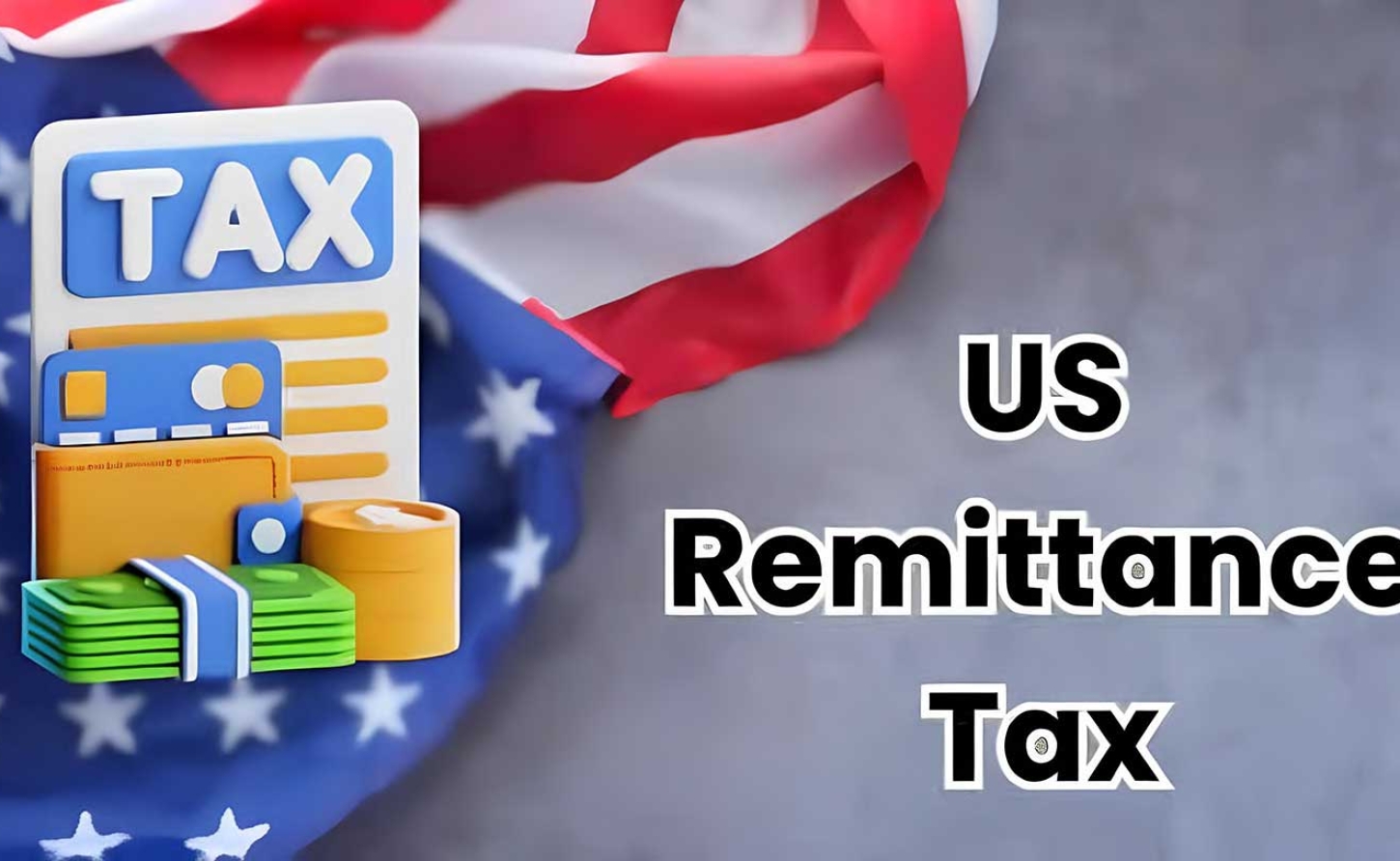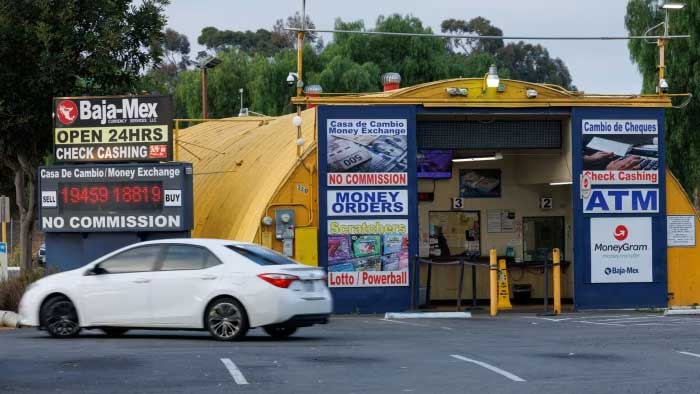UNITED STATES | Caribbean Families Face New Burden as Trump's Remittance Tax Takes Effect

NEW YORK, NY, July 4, 2025 - For Marva Johnson, a healthcare worker from Kingston now living in Miami, the monthly $400 she sends to her elderly mother in Jamaica represents more than money—it's survival.
That lifeline, shared by hundreds of thousands of Caribbean nationals across America, will soon carry an unwelcome burden: a new federal tax that critics say punishes the very people keeping families afloat back home.
President Trump's "Big, Unpopular Reconcilation Bill," which just passed the US Senate, includes a 1 percent tax on remittances, money migrants send home to family and friends.
Starting January 2026, every dollar sent by Caribbean nationals to loved ones in Jamaica, Haiti, the Dominican Republic, and across the region will be subject to this levy—adding to the roughly 6% in fees already charged by money transfer companies like Western Union and MoneyGram.
The impact promises to be particularly crushing for Caribbean households. Caribbean countries will receive US$18.4 billion in remittances, reflecting two per cent growth, similar to that observed in 2023.
For Jamaica alone, remittances in Jamaica decreased to 3370.10 USD Million in 2023 from 3440.20 USD Million in 2022. These funds represent lifelines that rival entire government budgets in their economic importance.
A Tax That Misses the Mark
The legislation, part of Trump's broader immigration enforcement agenda, is built on fundamentally flawed assumptions about how migration works. Supporters argue the tax will discourage future migrants and encourage "self-deportation"—but research suggests the opposite may occur.
The authors of a recent analysis note that remittances are a crucial source of household income and economic stability for low- and middle-income countries.
Rather than deterring migration, reducing these flows could actually increase pressure on families to send more members abroad as their financial situations deteriorate.
“ A lifeline for thousands of Jamaican and Caribbean families just got more expensive as controversial legislation targeting money transfers home becomes reality ”
Caribbean nationals, many of whom fled economic hardship or are supporting children with US citizenship, are unlikely to abandon their families over a 1% tax. Instead, they'll absorb the cost or find workarounds—neither outcome achieving the administration's stated goals.
The Underground Alternative
Perhaps most troubling, the tax may drive money transfers into dangerous informal channels. Caribbean migrants are already exploring alternatives: some African migrants are turning to cryptocurrency to send money home, while Mexicans use paqueteros—companies that deliver cash and goods directly to recipients' doorsteps.
These informal methods carry serious risks. Delivery isn't guaranteed, fraud is common, and in some cases, criminal organizations have co-opted these networks.
A Western Union-commissioned study found that a similar tax in the Philippines led to a 17.7% decline in formal transfers but a 21.6% increase in informal channels.
Economic Pain Across the Caribbean
The mathematics are stark. Mexico stands to lose the most in absolute terms, over $1.5 billion per year. But proportionally, smaller Caribbean nations face devastating impacts.
Central American countries, close Caribbean neighbors in terms of remittance dependence, are projected to suffer losses equivalent to significant portions of their national income.
For Jamaica, where remittances account for approximately 17% of GDP according to recent estimates, even a 1% reduction in flows could translate to millions in lost household income.
The IDB said 80 per cent migrants indicate that the money is used for maintenance, including daily food, housing, and transportation expenses.
A Counterproductive Policy
 Ironically, the tax undermines broader US economic interests. The revenue generated by a federal tax on remittances would likely be less than 0.1 percent of the national budget.
Ironically, the tax undermines broader US economic interests. The revenue generated by a federal tax on remittances would likely be less than 0.1 percent of the national budget.
Meanwhile, if Caribbean nationals have less disposable income after paying higher transfer costs, they'll spend less in US communities where they live and work, slowing local economic growth.
The policy also contradicts America's role as a global financial leader. US companies currently dominate the remittance services sector, but these additional requirements threaten to reduce operational efficiency and drive up consumer prices, potentially ceding market share to international competitors.
Better Alternatives Exist
Rather than taxing remittances, policymakers could harness their development potential. Successful programs elsewhere have used matching grants to help migrants invest remittances in productive ventures. Mexican hometown associations have pooled resources to fund education and infrastructure projects benefiting both countries.
The most effective approach would be reducing transaction costs—currently averaging 5.9% for a $200 transfer to Latin America and the Caribbean. Pakistan's tax-free foreign remittance policy, introduced in 2021, demonstrates how encouraging formal channels can boost both volumes and accurate data collection.
The Human Cost
Behind the economic statistics are human stories. Caribbean families depend on these transfers not for luxury, but for necessities: school fees, medical bills, and keeping elderly parents housed and fed.
The research authors emphasize that this "important policy issue is not only about dollars—it is about dignity for migrants and recognition of the meaningful contributions they make."
As the January 2026 implementation date approaches, Caribbean communities face a choice between absorbing higher costs or risking dangerous informal channels. Either way, the burden falls on those least able to bear it—working families trying to care for loved ones an ocean away.
For legislators genuinely concerned about migration's impacts, targeting this vulnerable population seems both economically counterproductive and morally questionable.
The tax may generate modest revenue for Washington, but its real cost will be measured in Caribbean kitchen tables where families must decide whether they can still afford to care for those they left behind.
-30-
